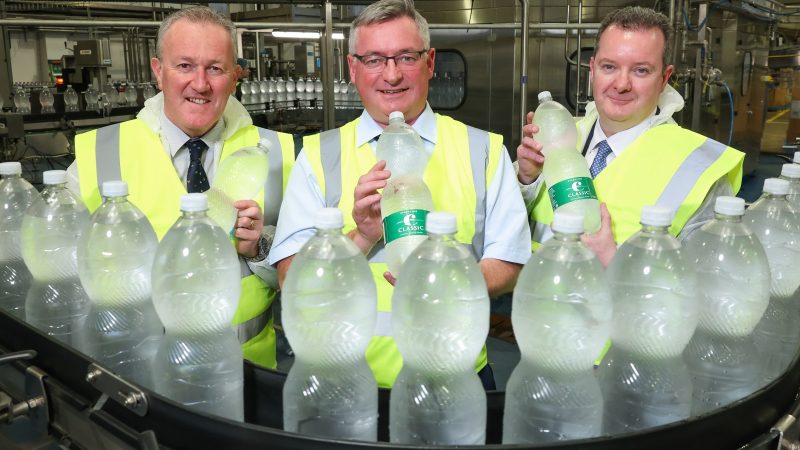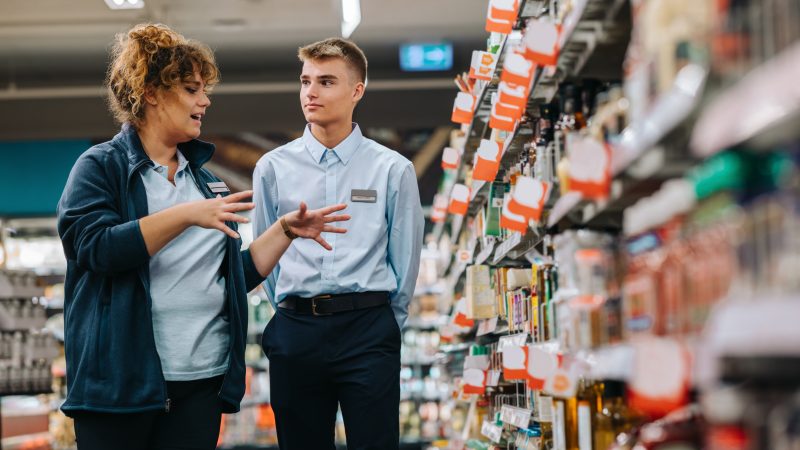Almost 100,000 sign petition to bring back till staff at Tesco

More than 99,000 people have signed a petition urging Tesco to stop replacing people with machines.
Shopper Pat McCarthy launched the petition calling for more cashiers on tills, saying self-service machines are too slow or hard to use.
But Tesco said staff were always on hand to help at either type of checkout.
Ms McCarthy, from Brentford in West London, began her campaign after visiting the Tesco Extra in Osterley where she said three quarters of the tills were self-service.
“These new tills are not accessible for people who don’t have credit cards and can only use cash or those with little confidence to use these self-service card-only tills – myself included,” she wrote on her Change.org page.
The volunteer, who helps people with disabilities, told the BBC there were five or six staffed tills but she faced a 30 minute wait due to queues.
“You do need some self-service for the people who find them more convenient but just fewer,” she said.
A Tesco spokesperson said: “Our colleagues and the friendly service they provide are absolutely vital to our stores and will always be on hand to help our customers, whether they are checking out at one of our colleague-operated or self-service checkouts.”
In 2015, Morrisons brought back staff at 1,000 “express” checkouts after finding that 67% of customers felt nervous using self scanning tills.
Tesco said it introduced self-service checkouts nearly 20 years ago to give customers a choice and all of its stores had both options.
In October, the supermarket converted its store in High Holborn in central London into a Tesco GetGo which allows customers to shop and pay without using a checkout.
At the time Richard Lim, chief executive of retail analyst group Retail Economics, said the move was “reflective of the way the wider industry is heading”.
According to one estimate, the number of self-service checkouts in stores worldwide was forecast at 325,000 in 2021 – up from around 200,000 in 2013.







